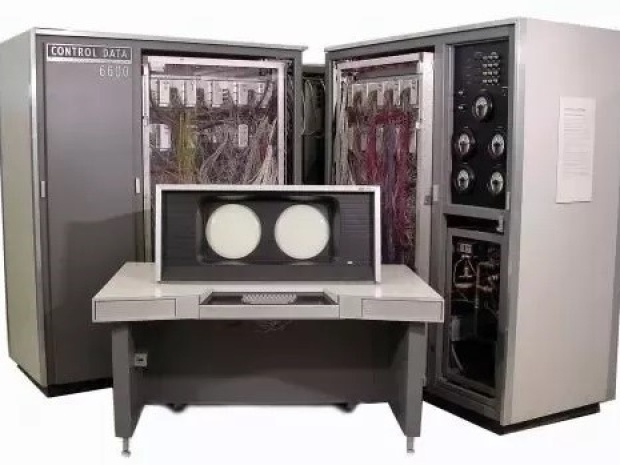The latest list shows that the AMD-powered exascale-class Frontier still ranks as the fastest system in the world while Intel grapples with delays for the Aurora system.
AMD systems comprised 84 per cent of the new systems added to the list. The finds AMD under the bonnet of 101 of the systems on the Top 500, a 38 per cent increase year-over-year on a list that typically sees a slow rate of change.
AMD now holds four of the top ten spots, and 12 of the top 20.
One of AMD’s aces is its EPYC Genoa processors, which outclasses Intel's incumbent Ice Lake and is more power efficient.
AMD's performance gains come from its core count. The highest-end Genoa processor has more than twice the number of cores of the Ice Lake Xeons.
The list's new entrants use AMD's newest silicon. For example, Shaheen III, the fastest supercomputer in the Middle East, leverages the fourth-gen EPYC Genoa silicon.
AMD's second-gen EPYC Rome silicon surprisingly powers another new entrant from HPE. The supercomputer for the Mohamed bin Zayed University of Artificial Intelligence (MBZUAI) has 384 Nvidia A100 GPUs paired with AMD's previous-previous-gen silicon.
The Top 500 list now has nine systems powered by the AMD Instinct accelerators, an increase of two over the last list. AMD's MI250X accelerators power the world's fastest supercomputer, Frontier, and rank high on the Green 500, which is the list that comprises the 500 most efficient supercomputers in the world.
AMD's CPUs also now power seven of the top ten most efficient systems, nearly doubling the four systems the company powered on the June list.
Intel's CPUs still have a higher total number of systems than AMD. Still, AMD's penetration into the upper ranks, and its share of the new systems, highlights that its CPUs have a performance advantage, giving it a clear pathway for expansion over the next several years.




